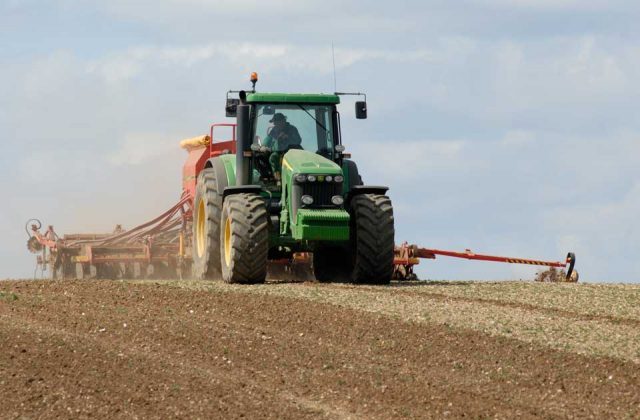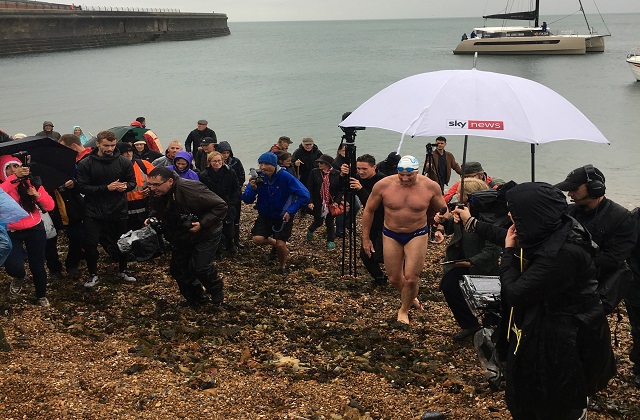Boost in income and output for English farmers

Farming income and gross output in England has risen significantly for 2017, with Total Income from Farming (TIFF) now standing at £4,077 million – an increase of 41% from 2016 - and gross output increasing by 12%.
The ‘Agriculture in the English Regions’ statistical release published today summarises industry accounts including outputs, inputs and resultant income measures.
There are several factors behind the increase in TIFF in England, including an increase in crop output – driven by increases in both prices and the production of cereals – and a 22% increase in livestock products.
In 2017, we also saw an increase in several other farming outputs, including:
- Oilseed rape – increasing by 42% to £713 million
- Wheat – increasing by 23% to £2,533 million
- Milk – increasing by 27% to £2,733 million
- Plants and flowers – increasing by 5% to £1,266 million
- Pigs – increasing by 19% to £1,051 million
- Sugar beet – increasing by 52% to £228 million
Lewis Pugh completes his ‘Long Swim’

Environment Secretary Michael Gove yesterday met endurance swimmer Lewis Pugh at the completion of his 49-day swim of the English Channel, congratulating him on his heroic achievement and continued advocacy for our oceans. This has been covered widely by media, including Sky, The Daily Mail, The Telegraph, and The Sun.
Pugh’s 560 mile swim from Land’s End to Dover aimed to showcase the importance of our oceans and raise awareness of the many threats they face.
The Environment Secretary called Pugh a “modern-day hero” and has written a piece for Sky , where he says:
I am with Lewis, fellow campaigners and other governments in recognising the need to do much more to value, protect and enhance our natural world.
In oceans as on land, we must work together to ensure that the planet - our shared home - continues to be a source of awe and wonder for future generations, and supports and sustains our children and grandchildren.
While there is more to do, the UK continues to be a global leader in protecting our marine environment. Across the UK, over 200,000 square kilometres of coastline are safeguarded - and recent proposals for 41 new Marine Conservation Zones (MCZs) represent the most significant expansion of our Blue Belt yet.
We are also taking action to tackle the scourge of plastic in our oceans, with our 5p plastic bag charge resulting in an 86 per cent drop in plastic bag use and our microbeads ban one of the toughest in the world. We have also set out plans for a deposit return scheme for plastic bottles and a ban on plastic straws, stirrers and cotton buds, subject to consultation.